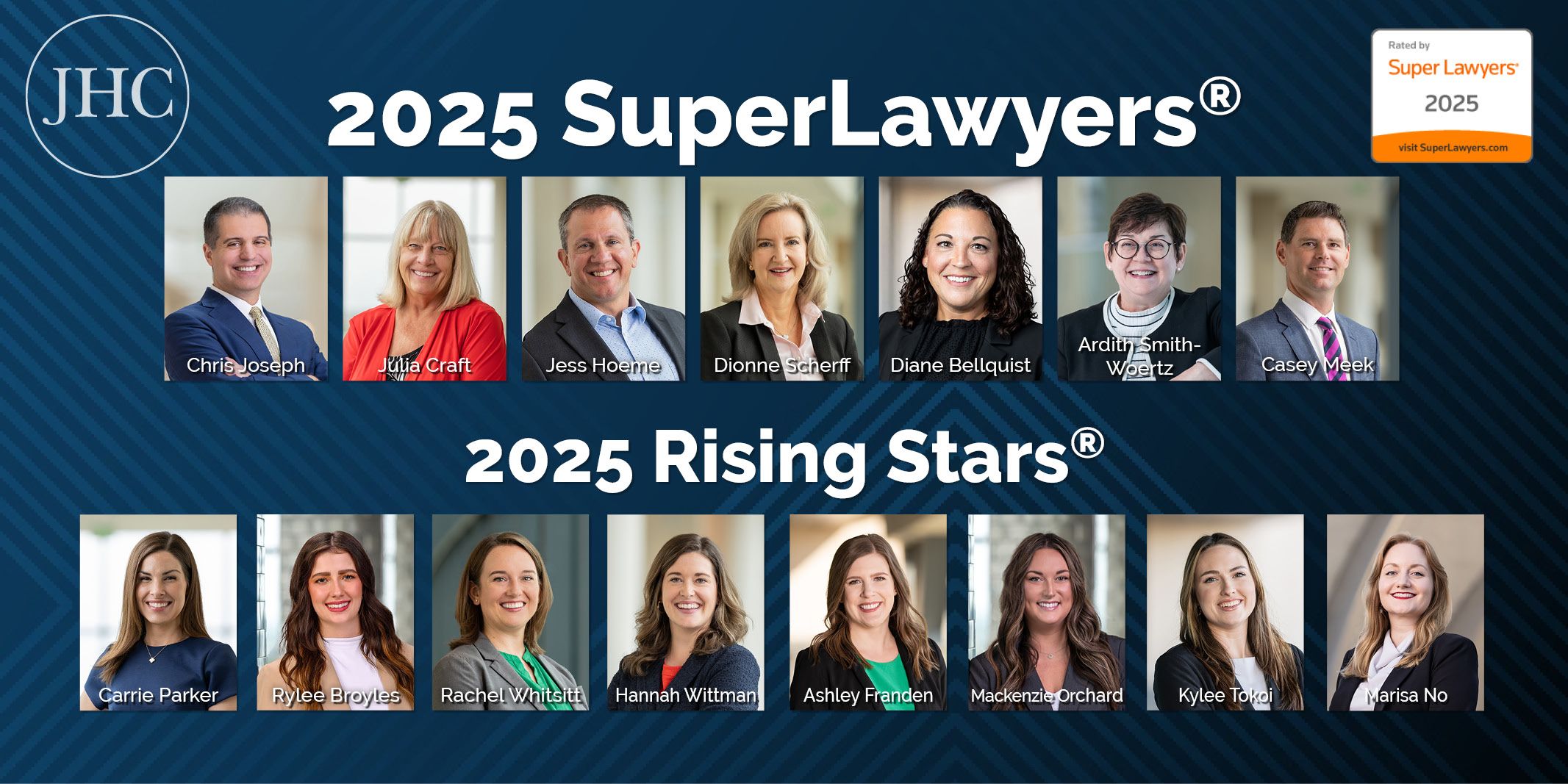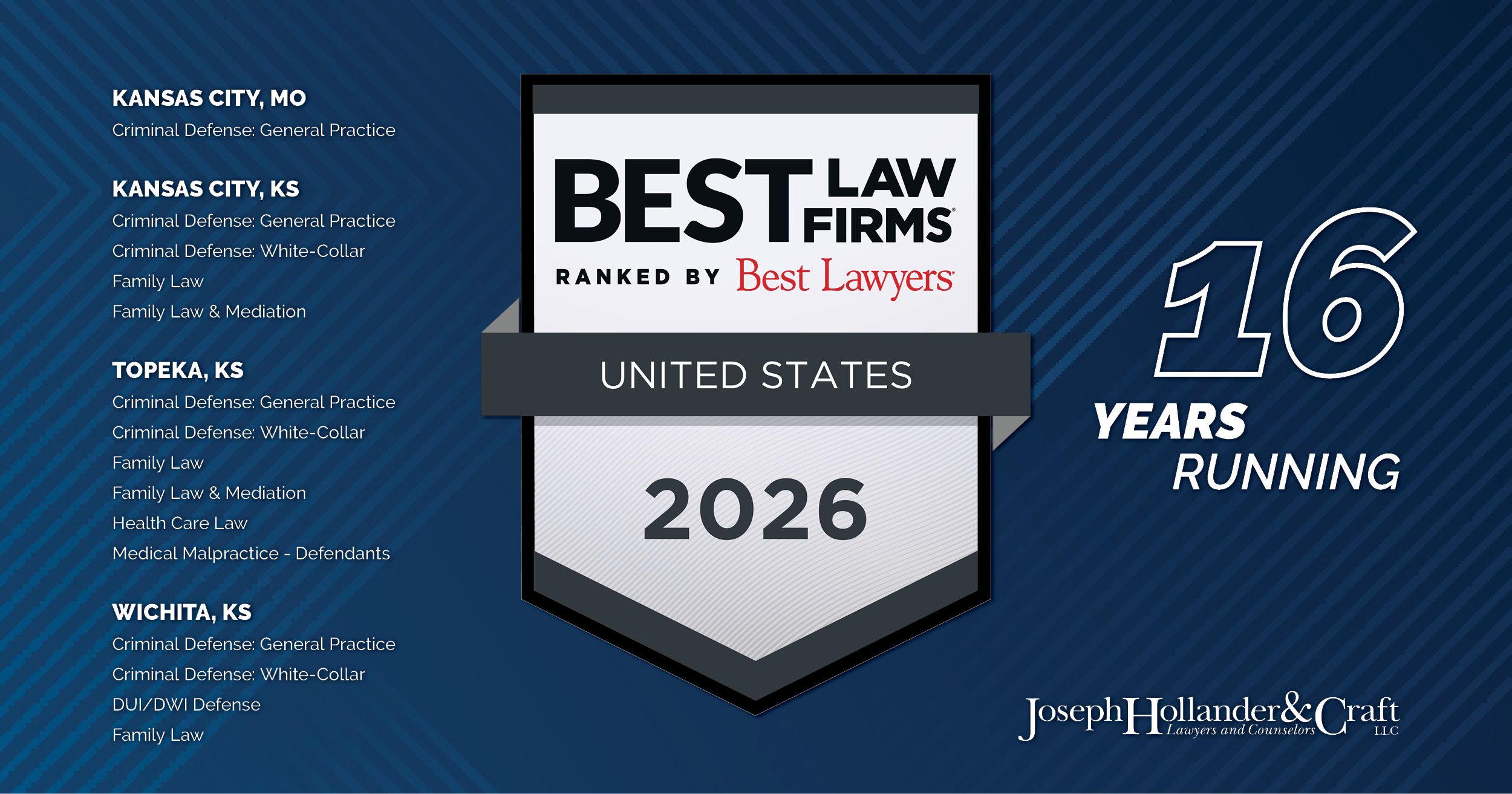NEW AUTHORITY: To CC, or Not to CC? Attorney Email Ethics
Author: Dr. Michael H. Hoeflich
This article is featured in Volume 5, Number 2 of the Legal Ethics and Malpractice Reporter.
Given the preoccupation of the legal profession with cutting-edge technologies, like artificial intelligence, it is refreshing to see a state continuing to concern itself with ethical questions involving older technologies. In Nebraska Ethics Advisory Opinion for Lawyers 23-01, Nebraska considered several issues that are significant for every lawyer who uses email. The questions presented were:
May lawyers Carbon Copy (CC) or Blind Carbon Copy (BCC) their own client on an email to opposing counsel?
Does the receiving lawyer violate ethics rules by “replying all” to an email where opposing counsel has CC’d opposing counsel’s own client?
The Opinion’s response to these questions centers on the Nebraska version of Rule 4.2, which—like KRPC Rule 4.2—reads:
In representing a client, a lawyer shall not communicate about the subject of the representation with a person the lawyer knows to be represented by another lawyer in the matter, unless the lawyer has the consent of the other lawyer or is authorized to do so by law or a court order.
Neb. Ct. R. of Prof. Cond. § 3-504.2.
Applying this rule, Opinion 23-01 instructs that a lawyer may not CC her own client in an email to opposing counsel unless the client has given informed consent to the disclosure of the client’s email address:
Electronic communication is now a common, quick, and effective tool for lawyers either communicating with their clients or with other lawyers. Lawyers may be tempted to include their clients in communication with opposing counsel in an attempt to keep clients informed and up to date regarding the client’s matter; however, lawyers who CC their clients without the client’s informed consent have violated Neb. Ct. R. of Prof. Cond. § 3-501.6(a) by disclosing the client’s confidential information. As detailed by the Kentucky Bar Association, this information includes “1) the identity of the client; 2) the client received the email including attachments, and 3) in the case of a corporate client, the individuals the lawyer believes are connected to the matters and the corporate client’s decision makers.” The client’s email may also reveal personal information related to a client’s fictitious name or employer; revealing these details could “open avenues for investigation by opposing counsel that were previously unknown …”
As to whether a lawyer may BCC her client, the Opinion reluctantly says that a lawyer may do so, but that it is not “recommended”:
Both a BCC and a CC recipient can hit “reply all” and directly respond to the original sender, the original recipient, and any CC recipients. This creates the potential for the client to inadvertently disclose confidential and privileged information to opposing counsel…
Both carbon and blind copying the client creates a foreseeable risk that the client will “reply all” to the email and inadvertently disclose confidential information directly to opposing counsel. Given the instantaneous nature of email and the constant pressure the modern lawyer is under to quickly read and respond to email, it is natural to assume that Lawyer B opens an email from Lawyer A’s client within moments of it being sent—potentially before Lawyer A is aware of the email being sent. If the client sent a physical letter to Lawyer B, Lawyer B has a much greater chance of realizing the sender is a represented party before reading the correspondence. The same is not true with email.
As to the other question, the Opinion states that once a lawyer has CC’d her client on an email to opposing counsel, then opposing counsel may reply to the client on the grounds that the lawyer who CC’d her client gave implied consent for opposing counsel to do so. The Opinion acknowledges that a number of states have taken the opposite position:
Many jurisdictions addressing this issue have found that consent to a “reply all” is not implied when lawyers CC their client. These jurisdictions hold, however, that consent can be implied by a variety of additional facts and circumstances. Some of these jurisdictions, in an attempt to clarify such facts and circumstances, state that a receiving lawyer can determine the existence of implied consent by looking at “(1) how the communication is initiated; (2) the nature of the matter (transactional or adversarial); (3) the prior course of conduct of the lawyers and their clients; and (4) the extent to which the communication might interfere with the client-lawyer relationship.” Still, as concluded by the American Bar Association, this view “muddies the interpretation” of Neb. Ct. R. of Prof. Cond. § 3-504.2 and makes it “difficult for receiving counsel to discern the proper course of action . . . .”
Following this rationale, the Opinion adds a note of caution:
However, lawyers receiving emails which include an opposing counsel’s client must still act carefully. This opinion does not sanction “reply all” responses which surpass the scope of the initial communication; lawyers initiating communications do not “authorize the receiving lawyer to communicate beyond what is reasonably necessary to respond to the initial email.” Additionally, lawyers initiating communications may explicitly notify opposing counsel that the inclusion of a client via CC does not grant consent to a “reply all” response; a lawyer can nullify the presumption of implied consent at any point, including at the outset of communications between the lawyers or at the specific point in time where a client is included in an initiating lawyer’s email. So, while lawyers receiving an email from opposing counsel may be tempted to respond quickly, they must ensure they respond appropriately, both in scope and method, when opposing counsel includes their client…
Nebraska Opinion 23-01 is a useful reminder of some of the ethical issues that arise even with simple email communications and is well worth reading.
About Joseph, Hollander & Craft LLC
Joseph, Hollander & Craft is a mid-size law firm representing criminal defense, civil defense, personal injury, and family law clients throughout Kansas and Missouri. From our offices in Kansas City, Lawrence, Overland Park, Topeka and Wichita, our team of 25 attorneys covers a lot of ground, both geographically and professionally.
We defend against life-changing criminal prosecutions. We protect children and property in divorce cases. We pursue relief for clients who have suffered catastrophic injuries or the death of a loved one due to the negligence of others. We fight allegations of professional misconduct against medical and legal practitioners, accountants, real estate agents, and others.
When your business, freedom, property, or career is at stake, you want the attorney standing beside you to be skilled, prepared, and relentless — Ready for Anything, come what may. At JHC, we pride ourselves on offering outstanding legal counsel and representation with the personal attention and professionalism our clients deserve. Learn more about our attorneys and their areas of practice, and locate a JHC office near you.












